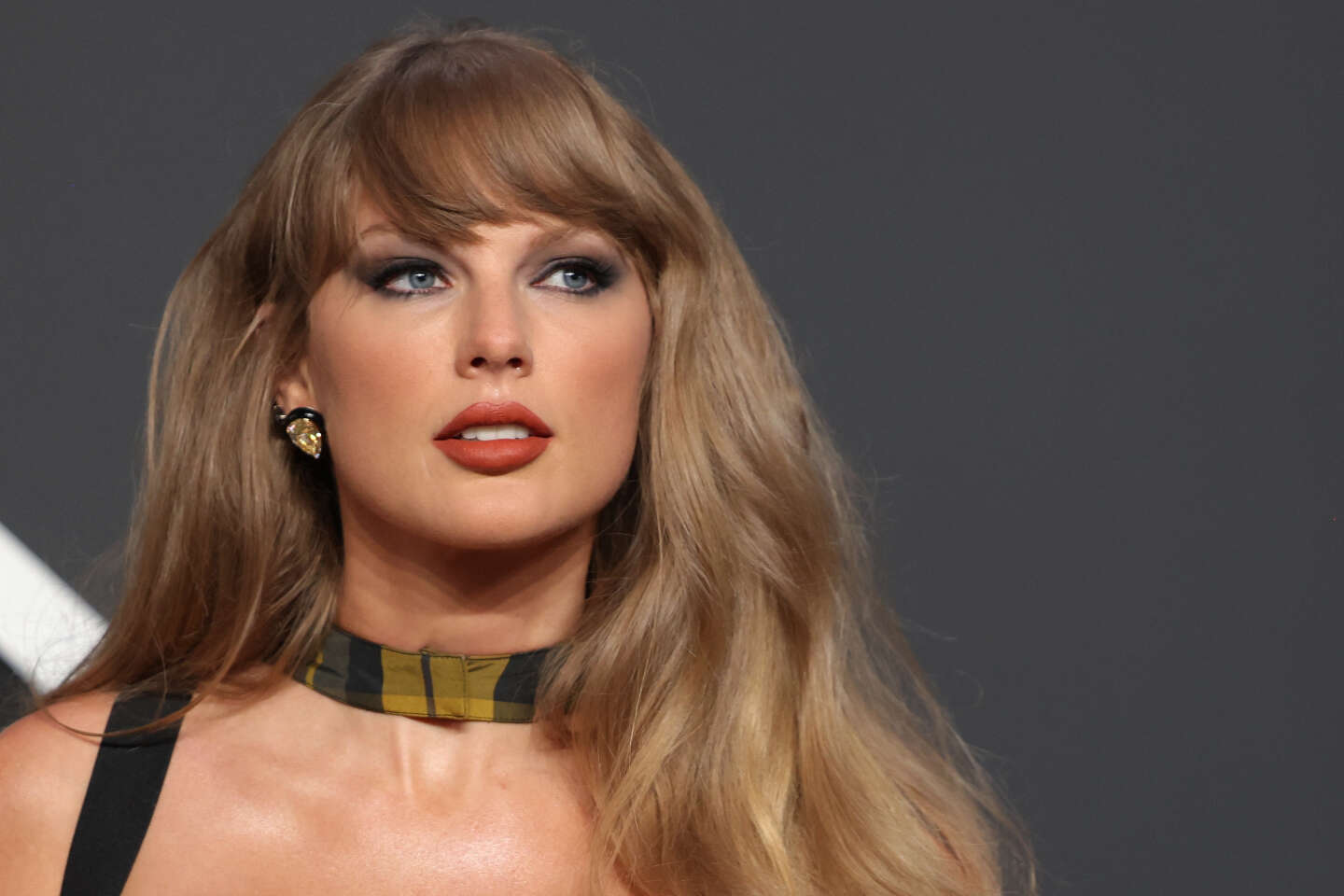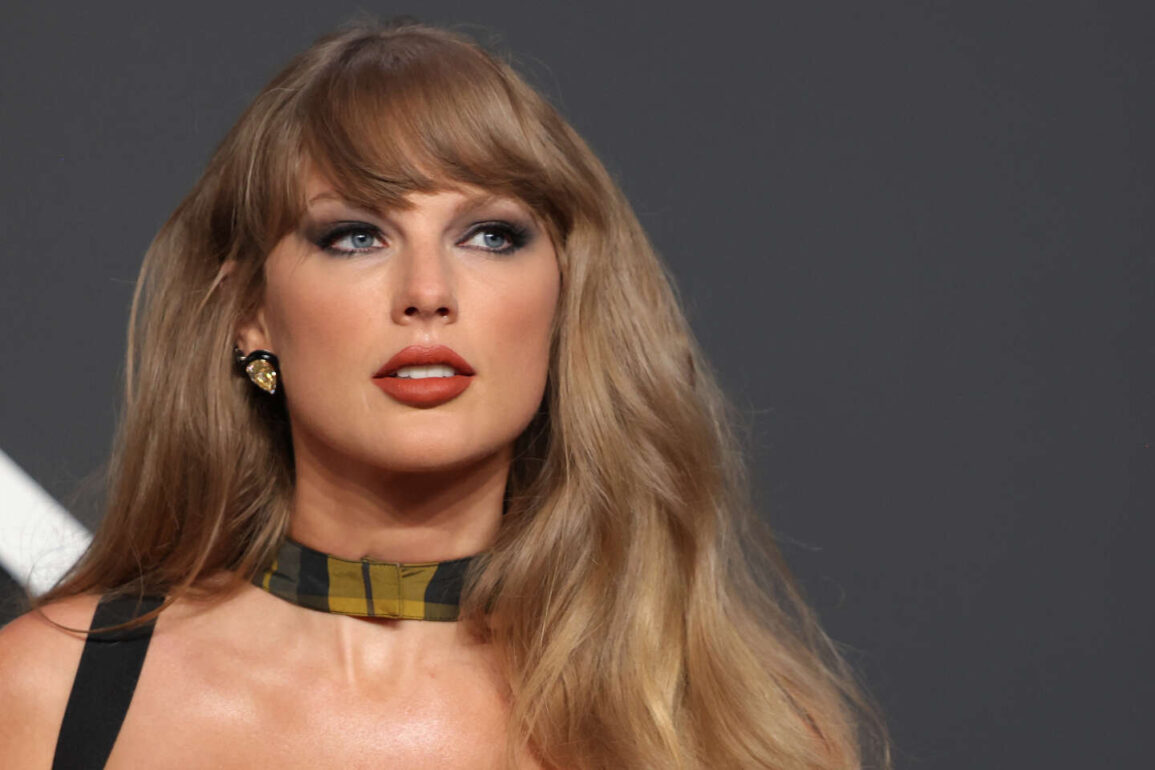
Since the launch of the US presidential campaign, global superstar Taylor Swift’s support for the Democratic candidate had been anticipated. The announcement, which came at the end of the debate that pitted Vice President Kamala Harris against former president Donald Trump on Tuesday, September 10, was no surprise. But the timing and tone made it a particularly political gesture. Her Instagram post went far beyond Hollywood’s usual endorsements of Democratic candidates: “I’m voting for Kamala Harris because she fights for the rights and causes I believe need a warrior to champion them.”
Through the explicitly moral nature of her support, Swift now illustrates the political power of popular culture, too often decried in France, the role of which is to transmit the shareable, motivational values that politicians find hard to embody. It’s not about being a role model – she only indicates what she’s going to do – but about having faith in and giving confidence to young voters. She urged her fans to register to vote at a crucial time, targeting an electorate that Democrats are struggling to convince to get out and vote.
This positioning differs from that of the celebrities who regularly show their support for Democratic candidates. In 2016, Beyoncé, Salma Hayek, Lena Dunham, George Clooney, Robert De Niro, Meryl Streep, Pharrell Williams and many others endorsed Hillary Clinton against Trump. At the time, this was about using both star status and moral superiority, in the grand tradition of the alliance between Democrats and the privileged Hollywood community. This backfired on Clinton, who was unfairly perceived as an elitist who was scornful of Trump’s “white trash” supporters.
Empowerment of audiences
Swift (among others) endorsed Joe Biden in 2020. But, four years on, her post and her sarcastic sign-off – “Taylor Swift, Childless Cat Lady,” a reference to JD Vance’s remarks about Democrats being “childless cat ladies” – signal a change of scale, a mutation in the political role of popular culture. It’s not a question of individual celebrities brandishing their valuable endorsement with superiority, but of the empowerment of their audiences. And the recognition of a cultural field that is not reduced to its stars or globalized products, but plays a key role – across cinema, song, TV, fashion and sport – in promoting and expressing the values displayed by Harris.
Of course, one might hope that with Swift’s post Harris will garner the extra votes that could lead her to a long-awaited victory – just as Oprah Winfrey’s support played a role in Barack Obama’s victory in the 2008 Democratic primary (in which Harris was one of his early backers). But these are phenomena that are marginal and difficult to calculate.
You have 59.25% of this article left to read. The rest is for subscribers only.
This post was originally published on this site be sure to check out more of their content








